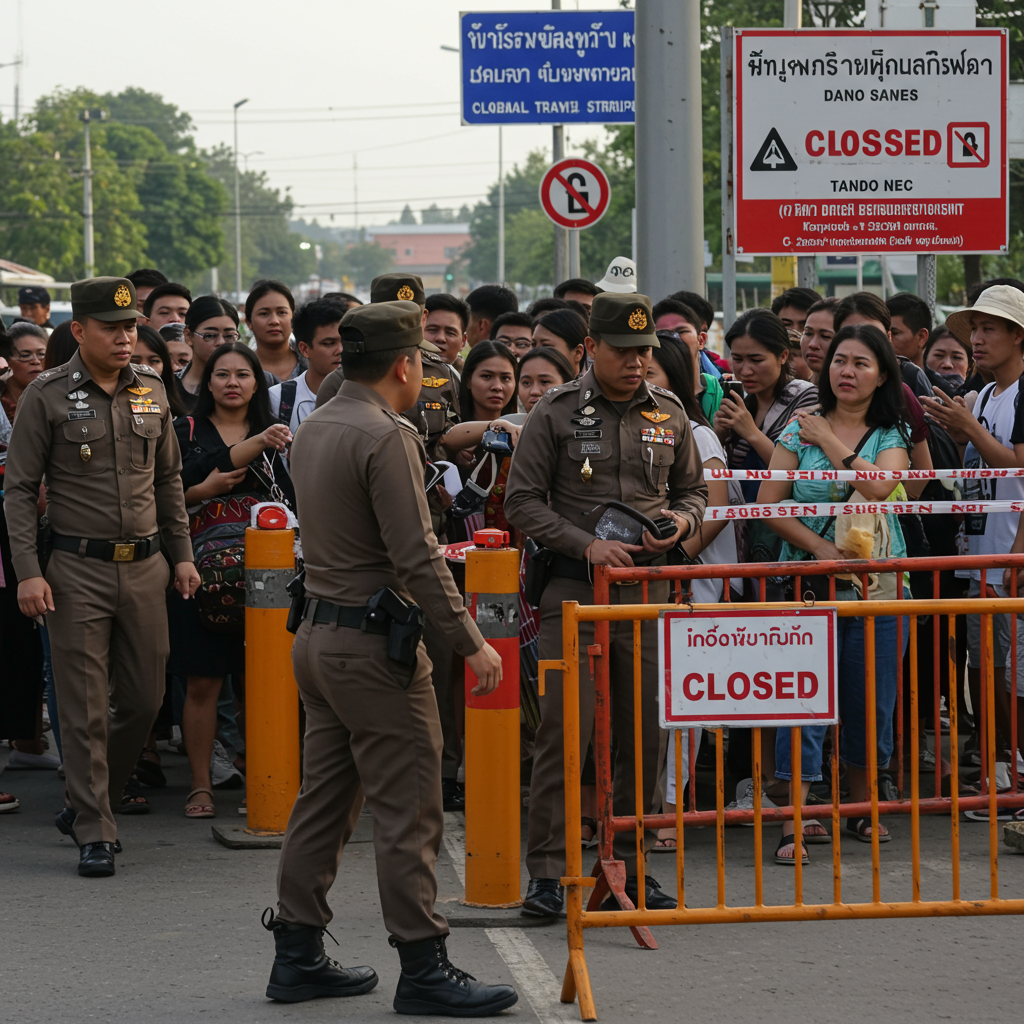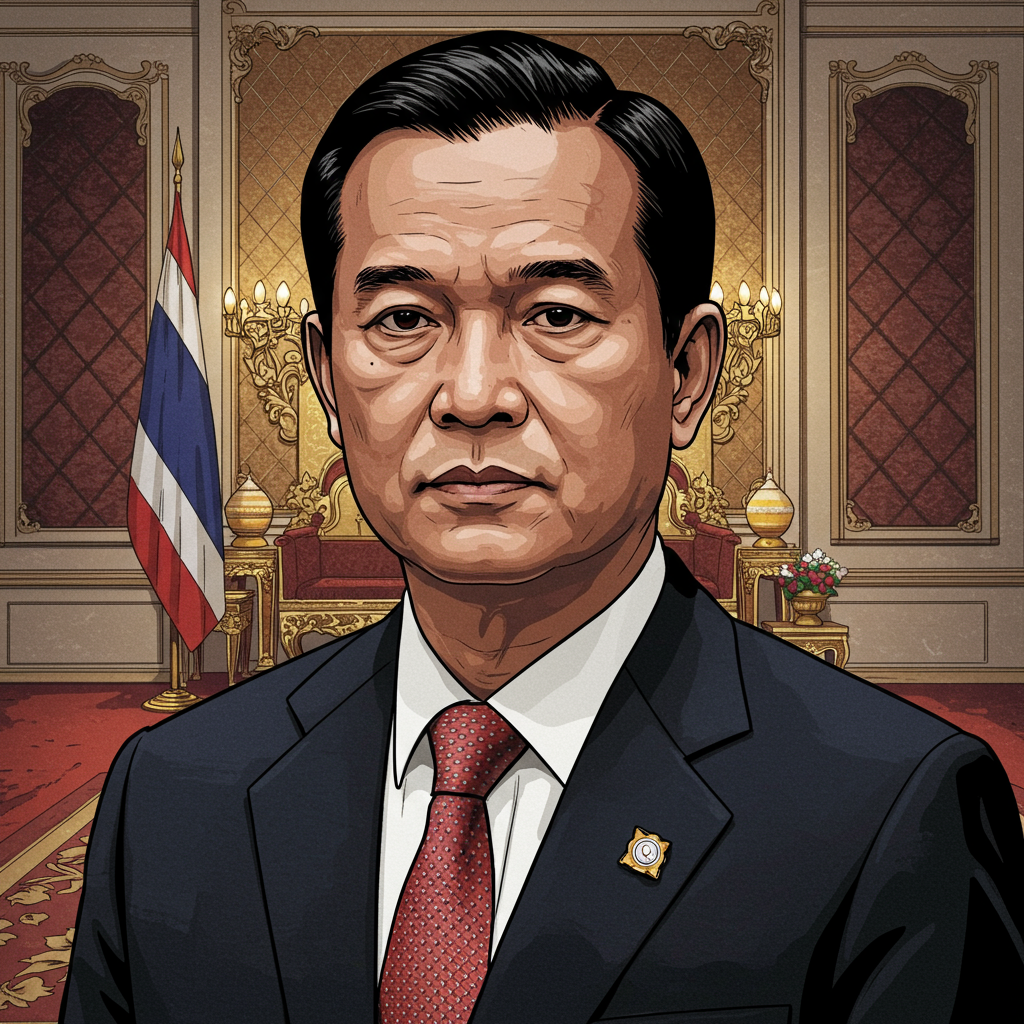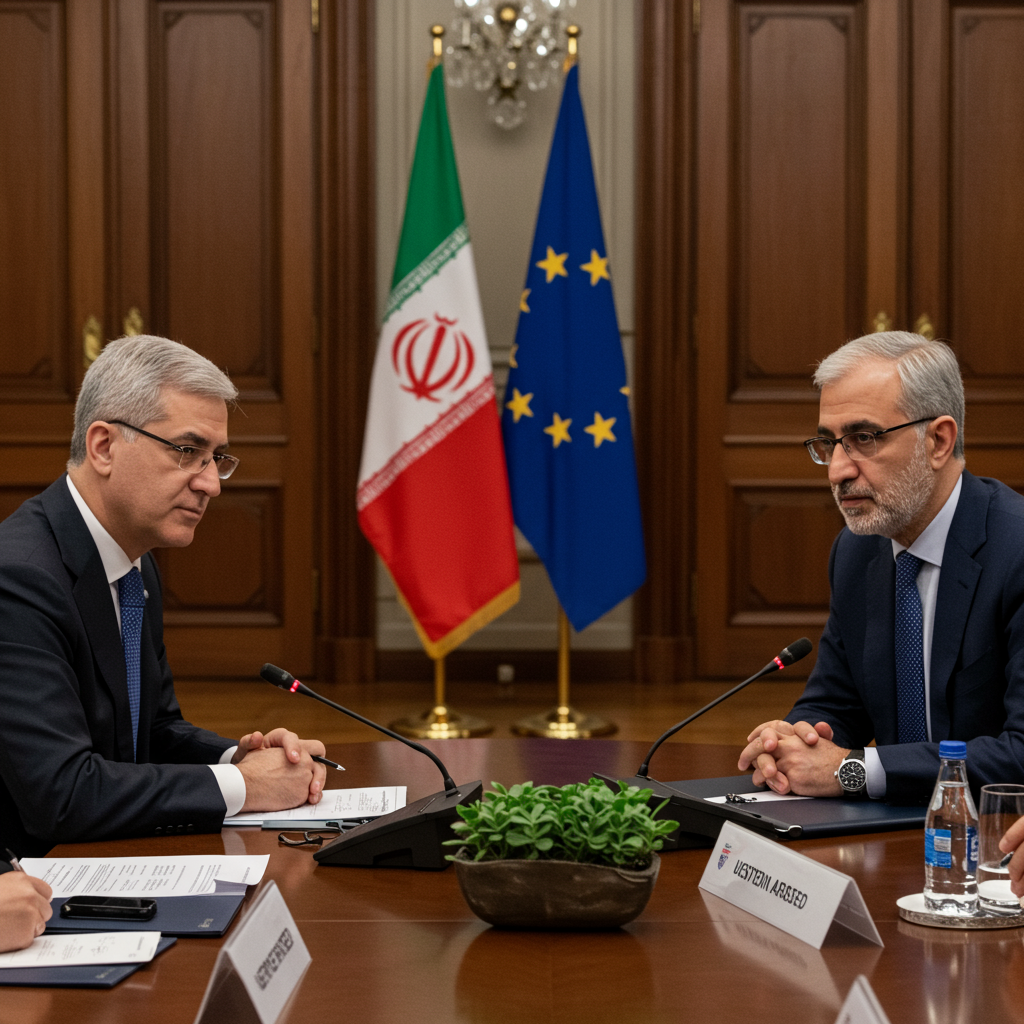Thailand has imposed strict restrictions on all travel into neighbouring Cambodia, citing security concerns amidst a sharp downturn in bilateral relations. The move effectively bans tourists and other travellers from crossing the border from several Thai provinces and prohibits foreign tourists from flying directly from Thailand to the popular Cambodian tourist destination of Siem Reap.
Scope of the Travel Restrictions
The comprehensive ban applies to individuals and vehicles attempting to cross land checkpoints spanning several Thai provinces bordering Cambodia. Additionally, foreign tourists planning to travel from Thailand by air to Siem Reap are now prohibited from doing so.
According to a statement from the Thai military on Monday, the new restrictions are deemed necessary to “match the current security situation” along the frontier.
While the ban is broad, Thai authorities have indicated that exemptions may be granted on humanitarian grounds. These include cases involving students or medical patients, with final approval resting at the discretion of officials stationed at the border checkpoints.
Beyond security, Thai authorities also framed the travel restrictions as a measure to help counter illegal scam operations. These sophisticated networks are widely reported to be thriving within Cambodia, entrapping thousands of foreigners in fraudulent schemes. Thai Prime Minister Paetongtarn Shinawatra has publicly vowed to crack down on these scam operations, even suggesting measures such as suspending internet services used by Cambodian security agencies. Thailand has previously implemented similar restrictive travel measures against neighbouring Myanmar, another country identified as a hub for extensive scam networks.
Deep Roots of the Border Dispute
Relations between Thailand and Cambodia have plummeted to their lowest point in more than a decade. Tensions significantly escalated following armed clashes along the shared border in May, which resulted in the death of at least one Cambodian soldier.
The recent flare-up is set against a backdrop of historical friction that dates back over a century. The long-standing border dispute has its roots in the drawing of the frontier lines after the French occupation of Cambodia.
A Cycle of Punitive Measures
In the wake of the May border clash and the worsening diplomatic climate, both nations have implemented punitive measures against each other. Cambodia previously announced a ban on imports from Thailand, affecting a wide range of goods including fruit and vegetables, as well as essential services like electricity and internet access, and even cultural products like Thai dramas and films. Thailand’s recent travel ban is seen as a reciprocal measure in this escalating exchange.
Political Fallout and Government Crisis in Thailand
The simmering border dispute and the government’s handling of the situation have ignited a significant political crisis for Thai Prime Minister Paetongtarn Shinawatra. The crisis intensified following the leak of a private phone call between the Prime Minister and Cambodia’s influential former leader, Hun Sen, who is also a long-time friend of the Shinawatra family.
In the leaked audio, Prime Minister Paetongtarn was heard addressing Hun Sen as “uncle,” a term critics argued showed undue deference. More controversially, she appeared to dismiss a Thai military commander involved in the border issue, suggesting he “just wanted to look cool and said things that are not useful.” While Paetongtarn defended her remarks as a “negotiation technique,” critics countered that her comments undermined Thailand’s politically influential armed forces.
The political fallout has been immediate and severe. Bhumjaithai, the second-largest party in Paetongtarn’s ruling coalition, announced its withdrawal from the alliance. This departure has significantly weakened the government’s position, leaving the coalition with a slim majority in parliament and facing an uncertain future. The crisis has also led to calls for Paetongtarn’s resignation. The Thai foreign ministry later expressed “deep disappointment” to the Cambodian ambassador regarding the leak, warning it would “severely affect ongoing efforts” to resolve the issues in good faith.



